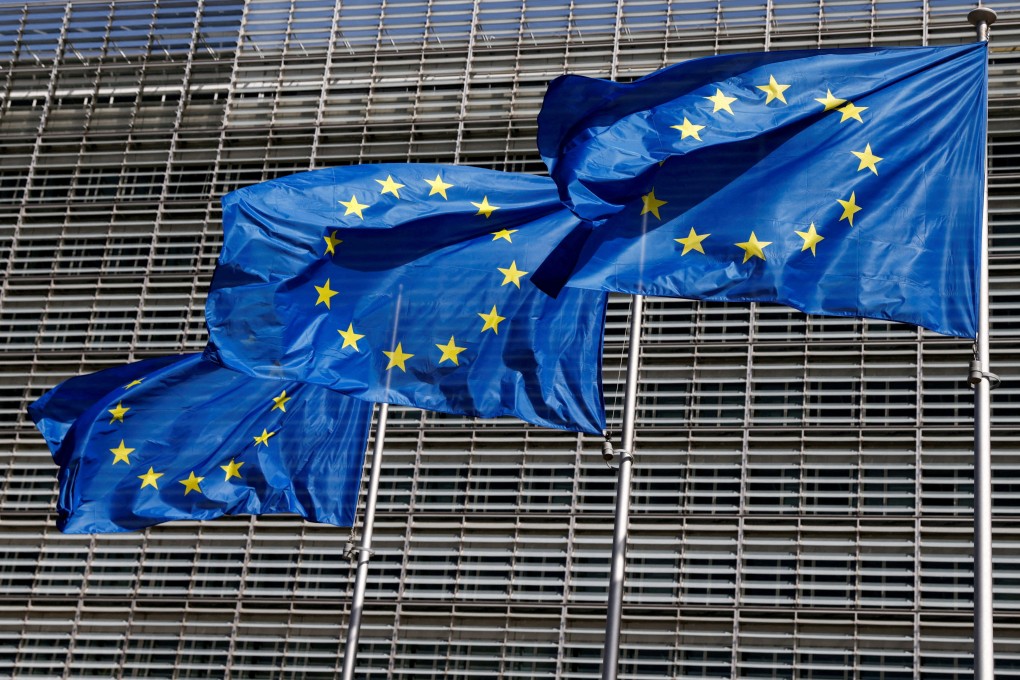EU faces growing pressure to stress test for attack on Taiwan by mainland China
- Spiralling tensions over Taiwan would ‘dwarf all other geopolitical crises’, former WTO chief says
- European diplomats say fears of leaks to Beijing make it difficult to hold meetings on Taiwan

The European Union is under mounting pressure to begin modelling for the worst-case scenario in Taiwan – a mainland Chinese attack that would upend global supply chains.
Pascal Lamy, a two-term World Trade Organization director general and once the EU’s top trade official, said spiralling tensions over Taiwan would dwarf all other geopolitical crises and “dominate international life for the times to come”.
“Nothing in the geoeconomics or geopolitics of the 20 years to come will be disconnected from this Taiwan looming issue,” said Lamy, who urged the EU to begin stress-testing for all eventualities.
“In this case, we have to be prepared for what we will do. I think the US will embark on very severe sanctions vis-a-vis China. Will we adopt the same stance? Are we prepared to do that? Have we examined the necessary scenarios?”